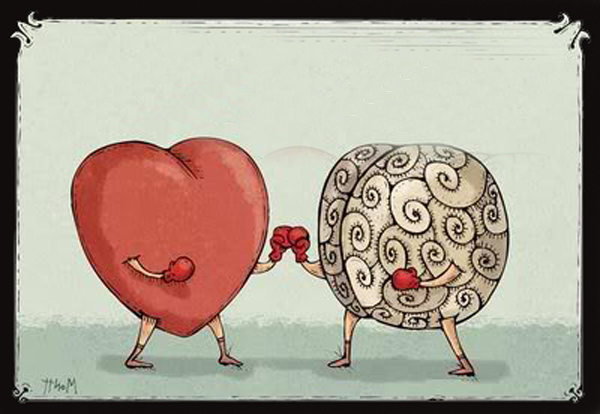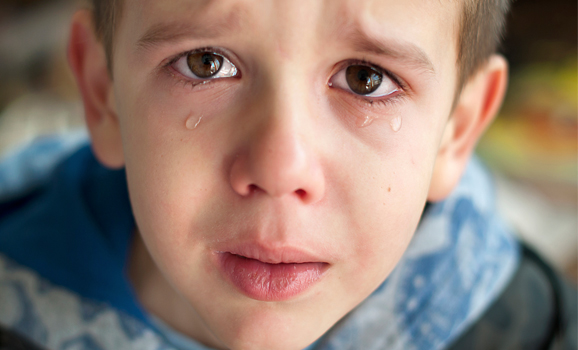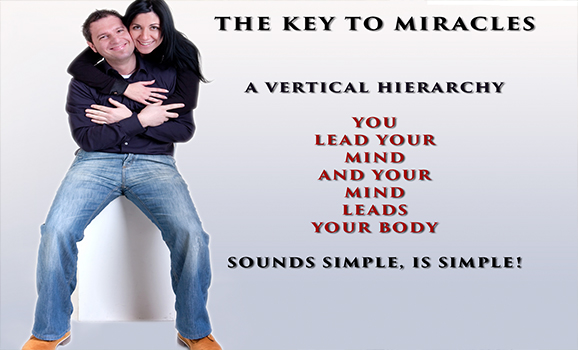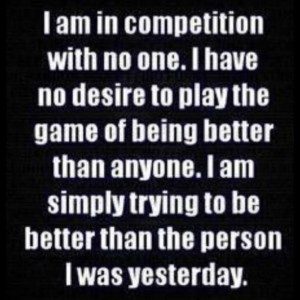
Dating games and why do we play them?
Is your intention to find a person who you can have a good trustful relationship with? And you are meeting potentially suitable partners and in the beginning everything goes well, but after a little while you start being aware about the words, phone calls, text messages, initiation of dates and activities, etc. The poor mind gets caught in the game of the rules, impulses, desires and fears of rejection and judgment. However, on the background of this battle your consciousness keeps raising the question: why can’t things be easy and natural? Why can’t we just agree that we like each other and start acting as our real selves?
To answer this question you can think of your first relationship or dating experience. Most of the young people follow their hearts for the first time with hopes and sincerity until the first rejection comes into scene. We all know how it felt and most of us didn’t want to experience it again. Going forward, we start using the rules of a dating game as a form of protection from being hurt.
We start trusting the rules because they are supposed to lead us in the right direction and create the best outcome whether it is going into the relationship or dating a variety of people. Just like any other rules which are created to support our life and make it easier and better, we start relying on the rules and we allow them to lead us, making decisions for us and directing our actions. Why? Because we don’t trust ourselves, we are too scared of stepping into the territory where the risks are higher, but the rewards are much more satisfying too. What we often forget, though, is that going after what we truly believe in, regardless of the result, is empowering by all means because it allows us to follow our true selves instead of being part of the game. When we are not confident in ourselves and afraid that the other person will not like us for who we are, we trust the rules and we believe that they will put us in a safer place.
What is the downside of playing the game? We feel worn out because we become dependent on the rules, we are not acting according to our desires and impulses, which is what we want to, we are doing what we have to or what is expected of us.
Expectations are another interesting phenomena. We create expectations of other people and we create our own ideas of what they expect from us. So we start living in an imaginary world of our fantasies about what is going on, reacting not to the real person’s actions and words, but to our own interpretation of them. What makes it even funnier is that we take it very seriously and blame the other person for not fulfilling our expectations of them. But with all the fairness, why should they?..
So, how do we get from being open and sincere young people to confused and disappointed adults? We get lost in fears of being rejected and judged, we long for acceptance and hence adopt the social norms and rules because they seem to be the path for achieving our goals of unity. We rely on the external resource to make us happy just like later in the relationship we rely on the other person to make us feel good. However after a while later living together we find out that our partner has changed, rules don’t seem to apply anymore and we experience the sense of disappointment. The reality is that the other person has just become comfortable and become themselves. But are we always prepared to deal with the real person instead of someone driven by rules and expectations? If we are not, we start the game of getting control, attention, love, etc.
There is an escape from the game though. It’s called self-leadership and self-sufficiency. How do you reach it? By repositioning your relationship with the world. It is a fairly easy concept which completely changes your paradigm of thinking. To explain it, let’s go back to the nature of humans and the mechanisms of survival. When we are born, we are dependent on the care, love and leadership of our caretakers. We rely on external sources to help us be comfortable and learn how to live on our own. When we reach puberty, we are supposed to become independent and take the responsibility for own life and wellbeing. However, if during our childhood we didn’t quite learn how to do it, we will keep relying on external sources to provide us love, attention, acceptance, safety and guidance. Why does it happen? Sometimes our parents don’t give us a good example of an independent, happy and self-sufficient life. Sometimes they don’t make us feel good enough and that we can make it on our own by exercising control, criticism or establishing a lot of rules. Love and attention become conditioned and life becomes a competition for getting those precious resources. A recent theory by L. Bosurgi calls this reliance on the external world in adult life an overextended natural instinct of codependency or Bosurgi Syndrome. To terminate it, a person needs to become the leader of their own life, provide to themselves love, acceptance, validation and leadership and become responsible for their personal, professional and emotional success. Self-love and acceptance is the way to love and relate to others without depending on them. If we accomplish this, we become immune to what the world thinks of us, to the games, rules, etc. We will make our own rules based on our values and principles and we will be choosing partners and relationships not out of a place of need and fear, but out of a place of our desire and a conscious choice.









